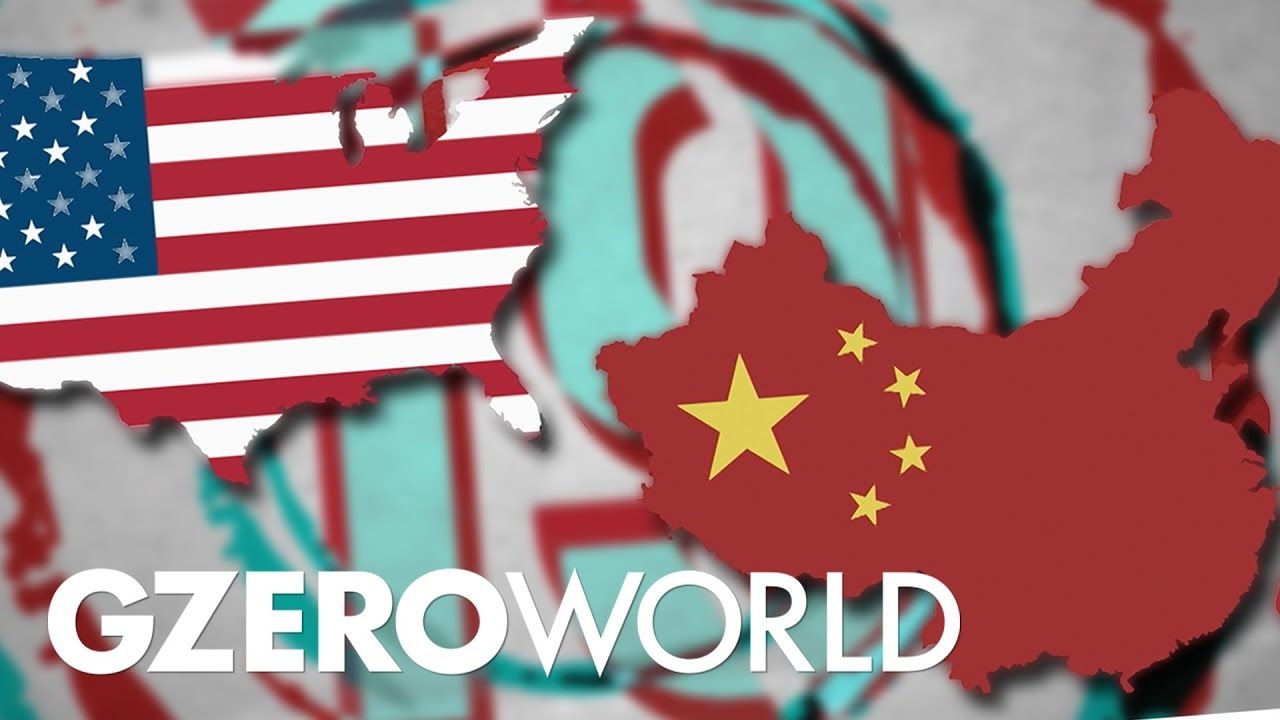
China Expelling Journalists | US-China Tensions Rise in Pandemic | Amb. Cui Tiankai | GZERO World
China's ambassador to the U.S., Cui Tiankai, discusses his nation's decision to expel reporters from major publications like The New York Times and Wall Street Journal, saying it was in retaliation for similar treatment of Chinese journalists in America. Ian Bremmer then asks him if the COVID-19 pandemic has only exacerbated already strained China/US relations.